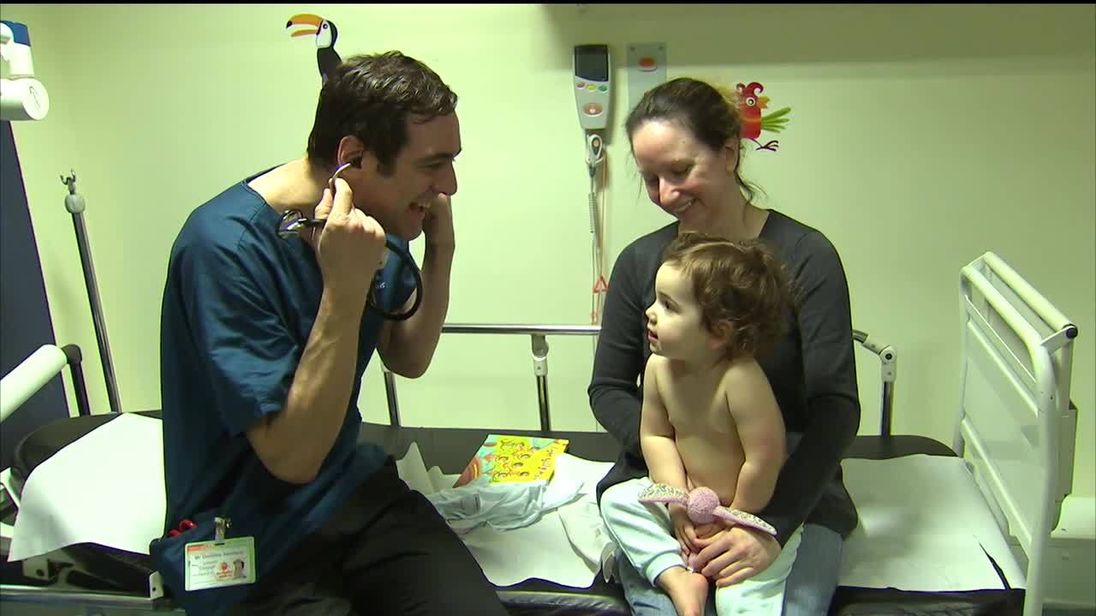The 81-year-old woman called for an ambulance at 8pm on Tuesday and spoke to a clinician after she received a welfare call at 9.47pm.
However, when an ambulance finally arrived another two hours later, at 11.46pm, paramedics had to break into the woman's home in Clacton, Essex, and found that she had died.
East of England Ambulance Service says it has launched an internal investigation into the incident.
"Our sincere condolences and apologies go out to the patient's family and friends and we are truly sorry for the ambulance wait that occurred at this incident," deputy chief executive Sandy Brown said.
"We have very publicly expressed how stretched the ambulance service is and the pressures our staff and the NHS as a whole have been under the past few days.
"As a trust, we have experienced our busiest days ever and we know our partners in the hospitals are in the same situation."
The East of England Ambulance Service said it received more than 4,200 calls on the day of incident and was also facing hospital handover delays.
Dave Powell, regional officer for the GMB union, said paramedics were "devastated".
"They're devastated because they're not in the job to find people dead, they're in the job to help people and keep them alive," he said.
"It puts enormous strain and stress on people who are working really hard as it is. Something has got to be done and the Government has got to wake up to this crisis."
Commenting on the woman's death, Labour leader Jeremy Corbyn said: "This should not be happening in our country".
In a separate incident on New Year's Day, an 88-year-old woman in Portsmouth died following a seven-hour wait for a bed.
Josephine Smalley spent five hours in an ambulance and another two hours on a trolley in a corridor at Queen Alexandra Hospital.
She died after suffering a stroke and then a heart attack.
On Thursday, Theresa May apologised for delays to thousands of NHS operations and hospital admissions.
Her apology followed official figures which revealed 16,893 patients waited more than 30 minutes on ambulances at A&E departments in England during the week up to New Year's Eve - up 42% from 11,900 in the previous week.
Mrs May said she recognised the situation was "difficult", "frustrating" and "disappointing".


